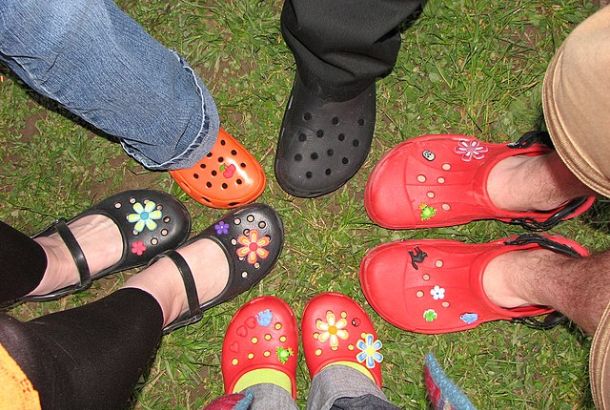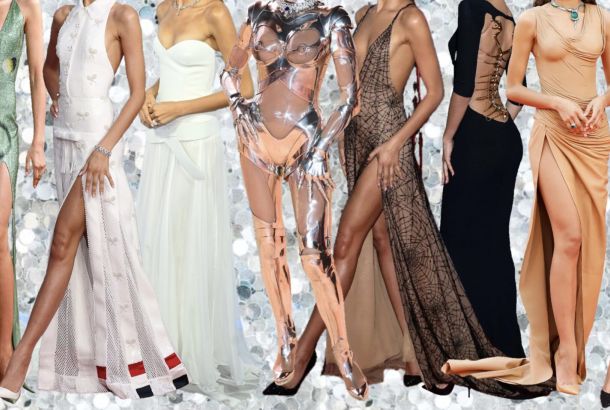50 Shades of Skin
Skin. The largest organ in the body, and quite possibly the most commonly troublesome. Covering 3000 square inches of the average adult and weighing in at six pounds, most people would vouch for that being a whole lotta surface area stress. We all have our issues with it: too pale, too dark, too spotty, too dry, too oily, too freckly, too un-freckled… Too much bloody work.
In this issue we’ve been talking about race in the fashion world, and it’s far from surprising that non-white faces are also still under-represented in the beauty world: it is rare to find a brand which caters for all skin tones as opposed to just the standard shades ranging from ivory white to a frightening deep beige. The fact that it is noticeable when a black model stars in beauty campaign or that fashion show-attendees broke into rapturous applause upon a group of black models walking on a runway (Lanvin S/S’11) is, in my opinion, quite a sad fact of the 21st century. Non-white faces are so under represented in this industry that it is seen as some sort of miracle when they do make an appearance.
Only recently have we seen an influx of non-celebrity black models being used in beauty campaigns, such as Joan Smalls for Estee Lauder (see image), or Jourdan Dunn for YSL. Dove is a big campaigner for diversity in advertising, using women of different races, ages and dress sizes in their inspirational ‘Real Beauty’ ads, which rubbish the all too familiar skinny white photo-shopped figure who pouts back at us from the pages of a magazine.
Also making multi-coloured waves is No7, who have just released their Foundation Match Made Service at Boots, in which costumers have their skin tone read by a device to work out which colour of foundation would most suit, and in what form, from classic oily teenage skin to a special 60 plus range for your Gran. They aim solve the common problem of never being able to find the precise foundation colour for ones skin among the aforementioned sea of beige tones. And if you can afford it, Estee Lauder have also just released an new range of Double Wear foundation in 30 shades, knocking the racial diversity problem on its head with both their make up and their campaign.
Skin is an important and often expensive issue, but the cheapest and most effective way to look after it is through lifestyle choices. Eating a healthy, balanced diet, getting enough sleep and drinking lots of water will tackle skin problems from the inside out, as opposed to make-up which aims to conceal problems without solving them.
Perhaps skin will always be an issue because we will always want what we can’t have. I, for example, use St Tropez to fake a tan (the jig is up) just as a woman with darker skin may be inclined to use whitening products to achieve my shade of fair skin (God only knows why). While this is perhaps an unsolvable issue, beauty brands should still endeavour to cater for skin of all colours and textures, tapping into a modern, diverse and profitable marketplace by putting down the beige and opening their eyes to the colour spectrum surrounding them.







